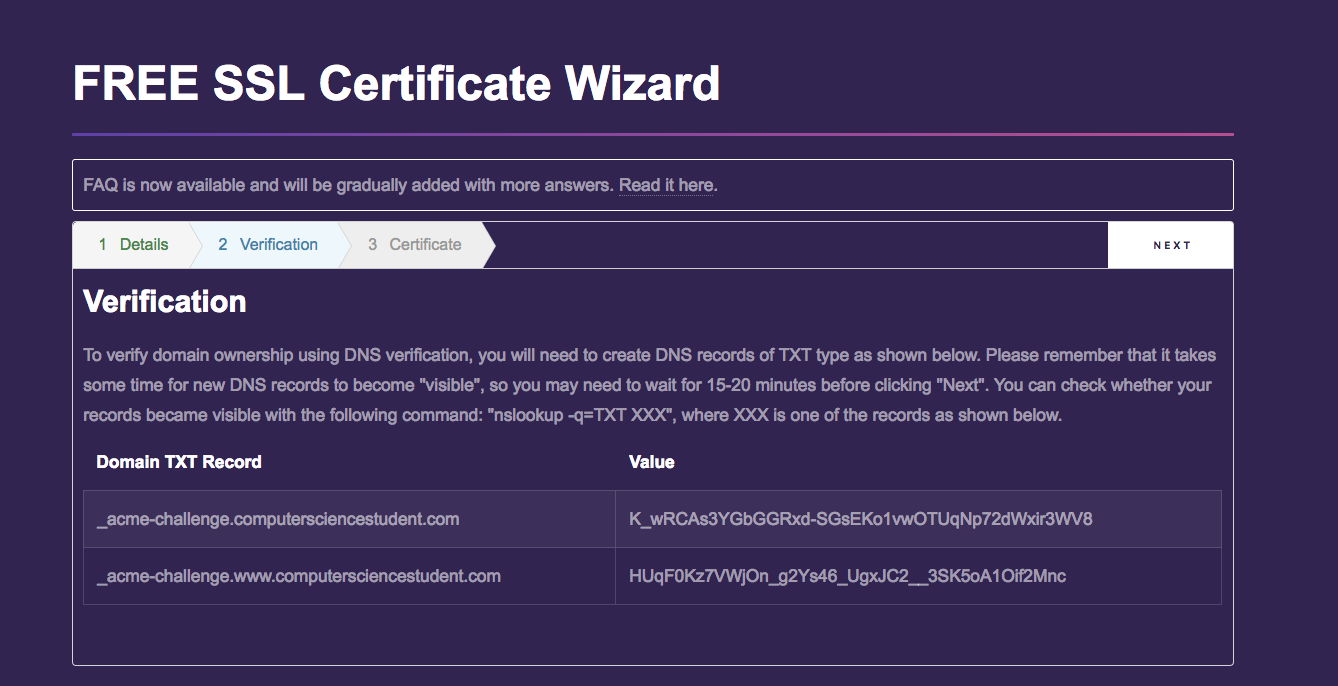@Pant Yes I spoke to the VPN provider they can port anything as long as it is above 2048. But Ill worry about that next first Ill get it running normally without the VPN and then we can work the VPN. Once I am home today I will try and reset the router.












I have a question with regards to port forwarding. I followed your instructions and when I attempt to check my ports are forwarding I get a timeout error. I am using a NetGear X8 with DD-WRT flashed on it.
I forwarded both 80 and 443 to my static IP for the pi. I contacted my ISP to ensure they are not blocking any ports (they informed me they are not). I am not sure what I am doing wrong. I am running a modem/router in full bridged mode and my router behind it.
I am certain I have set up the port forwarding rules properly with the name (can be anything as I understand), the port to forward from i.e. 80 and the port to forward to i.e. 80, and then the static ip of my pi.
I used sudo reboot for my pi, and rebooted my router after clicking enable on the port forwarding rule and apply changes.
ny guidance or information you may have would be greatly appreciated. Also may I use a RAID drive as my drive and just plug it into the USB port on my pi (it has its own power source of course). Thank you, and this was by far the best tutorial I have seen for setting up NextCloud with my Pi.
AL
What version of NextCloudPi are you using? ( eg: v0.17.2 )
What is the base image that you installed on the SD card? ( eg: NextCloudPi_07-21-17 )
Expected behavior
Actual behaviour
Steps to reproduce, from a freshly installed image
Include logs
Nextcloud logs
``` Login as admin user into your Nextcloud and copy here the logs from https://example.com/index.php/settings/admin/logging If you don't have access to the web interface, open a terminal session and paste the last 100 lines of /var/www/nextcloud/data/nextcloud.log ```Apache logs
``` Paste the output of `systemctl status apache2` Paste the output of `tail -n 100 /var/log/apache2/*.log` ```mariaDB logs
``` Paste the output of `systemctl status mysqld` Paste the output of `tail -n 100 /var/log/mysql/*.log` ```